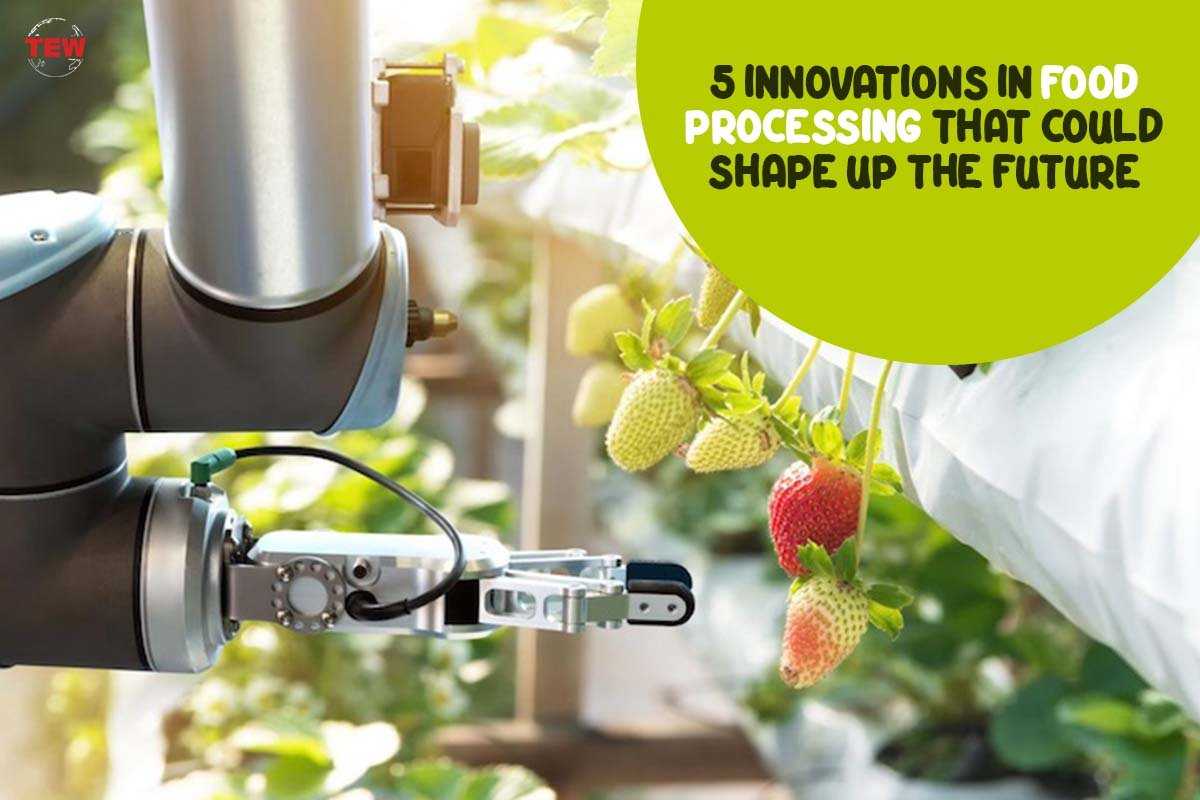Features
Innovations In FoodTech: Shaping The Future Of Dining

The food industry is constantly evolving, driven by technological advancements and changing consumer demands. From farm to fork, every aspect of the food supply chain is being revolutionized by innovative solutions. With the rise of FoodTech, the future of dining is being shaped by exciting developments that enhance our dining experiences, improve sustainability, and address global food challenges.
1. The Farming Revolution
Advancements in technology have transformed the way we grow and harvest our food. Vertical farming, hydroponics, and aeroponics are some of the cutting-edge techniques being employed to maximize yield and minimize resource usage. These methods allow for year-round crop production, reduced water and land requirements, and precise control over nutrient delivery. In addition, drones and robots are being used to monitor crops, apply pesticides, and even perform pollination, revolutionizing traditional farming practices.
2. Smart Kitchen Appliances
The modern kitchen is becoming smarter with the introduction of innovative appliances. Smart refrigerators can detect when your groceries are running low and automatically reorder them from your preferred grocery store. AI-powered ovens can suggest recipes based on the ingredients you have, cooking times, and preferred dietary preferences. Connected appliances that sync with your smartphone or voice assistants allow for remote control and monitoring, making cooking more efficient and convenient than ever before.
3. Virtual Restaurants and Online Food Delivery Platforms
Virtual restaurants, also known as ghost or cloud kitchens, are a growing trend in the food industry. These establishments operate solely through online delivery platforms, eliminating the need for physical storefronts. By leveraging data and analytics, virtual restaurants can cater to specific consumer preferences, offer a wide variety of cuisines, and quickly adapt to changing market demands. Online food delivery platforms have also made it easier for consumers to order food from their favorite restaurants and explore new dining options from the comfort of their homes.
4. Sustainable and Alternative Food Sources
As the world’s population continues to increase, sustainable food sources are crucial for feeding future generations. FoodTech is paving the way for alternative protein sources such as plant-based meats and cultured meat. These innovative products offer a more sustainable and ethical approach to meat consumption, reducing the environmental footprint associated with traditional animal agriculture. Additionally, advancements in insect-based foods, vertical aquaponics, and algae farming are exploring new frontiers in sustainable food production.
5. Personalized Nutrition and Dietary Tracking
With the help of FoodTech, personalized nutrition is becoming more accessible. Mobile apps and wearable devices can track dietary intake, monitor nutritional values, and provide personalized recommendations based on an individual’s health goals and dietary restrictions. This technology empowers individuals to make informed food choices and optimize their nutritional intake, leading to improved overall health and well-being.
6. Enhanced Food Safety and Traceability
Food safety concerns have been a persistent issue in the food industry. However, with emerging technologies, the ability to track and trace food from farm to fork has greatly improved. Blockchain technology, for example, enables transparent and immutable records of food transactions, ensuring the authenticity and safety of products. IoT devices and sensors also play a crucial role in monitoring temperature, humidity, and other critical factors during transportation and storage, reducing the risk of foodborne illnesses.
7. AI-driven Menu Recommendations and Food Discovery
Artificial Intelligence (AI) is transforming the way we explore and choose our dining options. AI algorithms analyze vast amounts of data, including personal preferences, dietary restrictions, and user reviews, to provide personalized menu recommendations. These recommendations not only help consumers discover new restaurants and dishes but also enhance the dining experience by catering to individual tastes and preferences.
Conclusion
FoodTech innovations are reshaping the future of dining, offering exciting possibilities for sustainable, personalized, and convenient experiences. From advanced farming techniques to AI-driven recommendations, the food industry is embracing technology to meet the evolving demands of consumers and address the global challenges of food production, safety, and nutrition. As these innovations continue to evolve, the future of dining is sure to be a deliciously innovative one!










